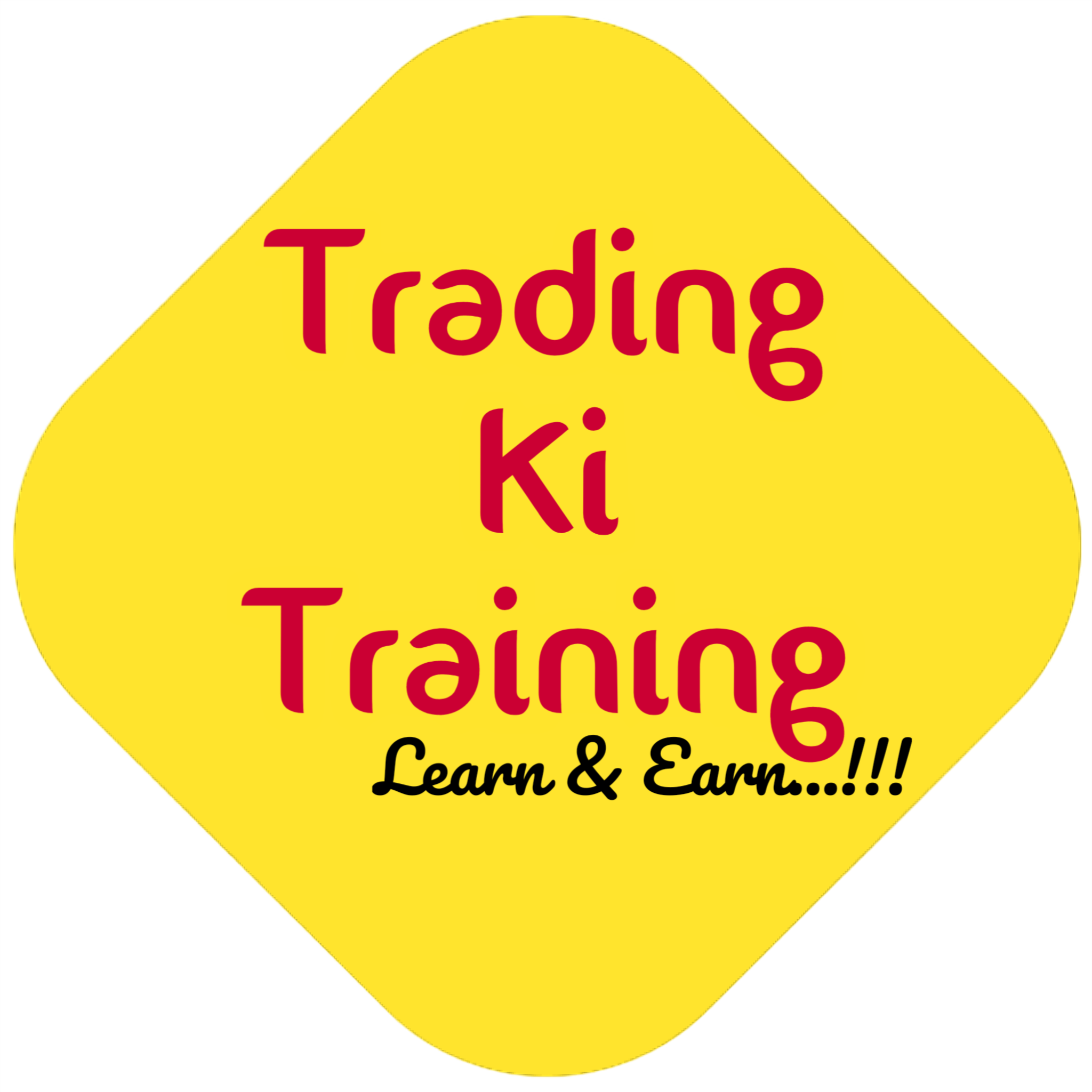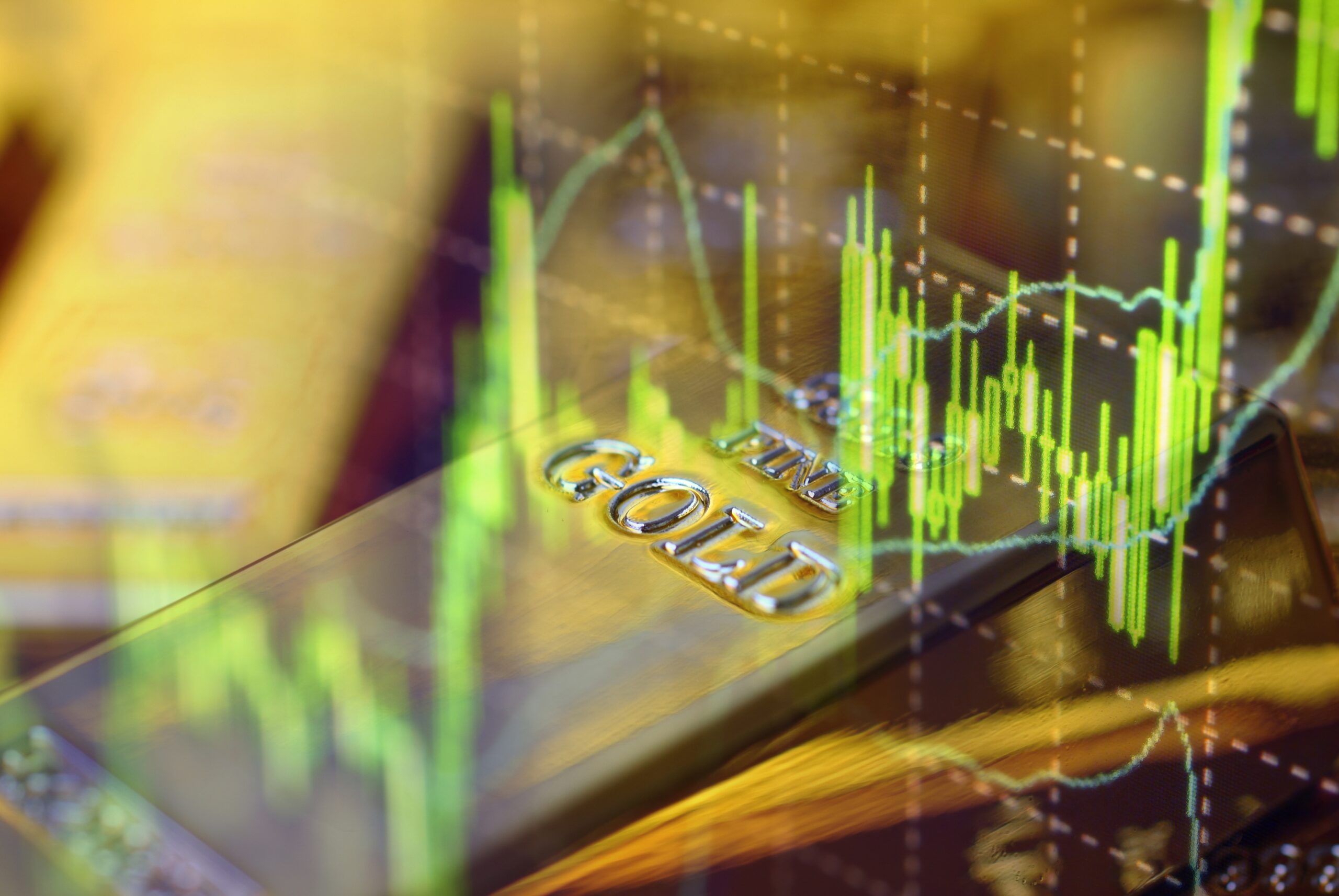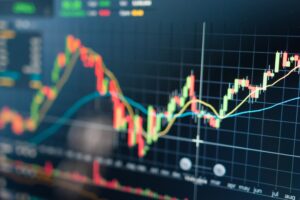Commodity Trading: One Powerful Path to Wealth
Commodity trading is one of the most powerful ways to grow your wealth. In simple terms, it involves buying and selling physical goods like gold, oil, or wheat for profit. This type of trading may be ancient, but its relevance in modern finance is undeniable.
If you’ve ever wondered how oil prices rise or why gold is called a safe-haven asset—you’ve already touched the world of commodity trading. Nowadays, online platforms have made it possible for anyone with a smartphone and basic understanding to start commodity trading.
In this guide, we’ll break down what commodity trading is, how it works, its types, benefits, risks, and how to get started.
Table of Contents
What Is Commodity Trading and How Does It Work?
Commodity trading essentially revolves around buying and selling raw materials like gold, oil, or wheat in hopes of making a profit. The main aim is to earn by predicting market ups and downs correctly.
You can trade in two main markets:
• Spot Market – Immediate delivery and payment
• Futures contracts – Set fixed prices for trades happening at a future time.
Traders use futures to hedge, speculate, or secure future trade prices. A farmer might use wheat futures to safeguard earnings against price drops, whereas an investor might purchase gold futures anticipating a price increase.
The best part? You don’t need to physically hold any commodities. Online brokers offer easy contract trading with flexibility and wide market access.
Also Read: Gift Nifty
Types of Commodity Trading You Should Know
Hard Commodities in Commodity Trading
Metals, oil, and gold are key examples of hard natural commodities. They’re extracted, not grown. These markets are influenced by geopolitical events, inflation, and global demand. For example, oil prices may surge during global unrest, and gold often rises during economic uncertainty.
With futures, traders can access oil or gold without storing the actual goods.
Soft Commodities in Commodity Trading
Coffee and sugar are examples of soft commodities. These items also include wheat and cotton. Commodity prices shift due to farming factors, seasonal trends, and weather conditions. Take a drought in Brazil, for example—it can cause a surge in worldwide coffee prices.
Just like hard commodities, soft commodities are also traded via futures contracts, offering a way to hedge risks or speculate without handling the physical product.
Also Read: Top & Bottom Signals
Ways to Begin Commodity Trading in India and Across the World
Choose a Trading Platform
If you’re trading in India, opt for SEBI-approved brokers such as ICICIdirect, Zerodha, or Angel One. Globally, platforms like eToro and Interactive Brokers are great choices.
Choose one that offers:
Low fees
Real-time data
Mobile access
Demo accounts
Research tools
Also Read: Double Top
Fulfill Basic Requirements
Also Read: Colour Trading Mastery
Key Benefits of Commodity Trading for Investors
- Diversification – Commodities behave differently from stocks, offering stability in market downturns.
- Inflation Hedge – Commodity prices usually rise with inflation, protecting your wealth.
- Liquidity – Many commodities like oil and gold offer high trading volumes.
- Leverage Options – Trade bigger with less capital, but manage your risk.
- Global Opportunities – Events worldwide affect commodity prices. Smart traders can benefit from this.
These benefits make commodity trading a strong addition to modern portfolios.
Also Read: Intraday Trading Skills
Frequent Errors You Should Steer Clear of When Trading Commodities
Avoid these errors to protect your capital:
Ignoring global events that affect commodity prices
Trading without a strategy or stop-loss orders
Using excessive leverage
Getting emotional or overconfident
Skipping proper research or market analysis
Keep in mind that staying disciplined while trading commodities can result in sustained profits over time.
Also Read: ChatGPT Vs. Google in Trading
Advanced Commodity Trading Strategies
Technical Analysis
Charts and indicators like moving averages, RSI, and MACD help you make smart decisions. Identify buying and selling opportunities by analyzing historical price trends.
Also Read: Technical Analysis
Fundamental Analysis
Global news, crop reports, and supply-demand data play a big role. Understanding these fundamentals can give you an edge over emotional traders.
Use both strategies together for better results in commodity trading.
Also Read: What are Sensex and Nifty
Risks Involved in Commodity Trading and How to Manage Them
All trades involve a certain degree of risk, and this holds true for commodity trading as well:
Volatility – Prices change fast. Use stop-loss orders.
Leverage – It increases both gains and losses. Use it wisely.
Liquidity Issues – Some commodities don’t trade frequently. Stick to popular ones.
Emotional Trading – Stick to logic, not fear or greed.
Lack of Research – Always analyze before trading.
Risk management tools and discipline can make all the difference.
Also Read: Positional Trading
Is Commodity Trading Safe for Beginners?
Many beginners wonder if commodity trading is too risky to start with. While it does involve risk, the good news is that it’s manageable. With demo accounts and risk control tools, beginners can train themselves without risking actual capital.
By starting small, avoiding leverage early on, and following a well-researched plan, even new traders can stay safe. The key is to never trade blindly. Understand the fundamentals, stay updated with international events, and focus on commodities you’re familiar with.
Interestingly, many newcomers build strong trading habits from the start when they stay patient and focused. And over time, these habits lead to success in commodity trading.
Also Read: How to Choose Best Timeframe for Trading
FAQ – All Your Commodity Trading Questions Answered
Q: What is commodity trading in simple words?
A: Commodities like gold, oil, or wheat are traded to make a profit.
Q: Is commodity trading legal in India?
A: SEBI oversees it, and trading happens on platforms like MCX and NCDEX.
Q: Can beginners try commodity trading?
A: Yes! Start small with demo accounts and learn gradually.
Q: Which commodities are best to trade?
A: Commonly traded commodities are silver, gold, oil, coffee, and wheat.
Q: Do I need a lot of money?
A: No. You can start with ₹5,000 or even less.
Q: Can I do this part-time?
A: Absolutely. Many trade around their full-time jobs.
Also Read: Double Bottom
Final Thoughts: Should You Begin Commodity Trading Today?
If you’re looking for a smart way to diversify your income and learn valuable skills, commodity trading might be your perfect fit. With the right mindset, proper tools, and a reliable broker, you can trade safely and strategically.
So, should you begin today? If you’re ready to learn and grow financially—the answer is a confident yes.
Also Read: Smart Money Concept







